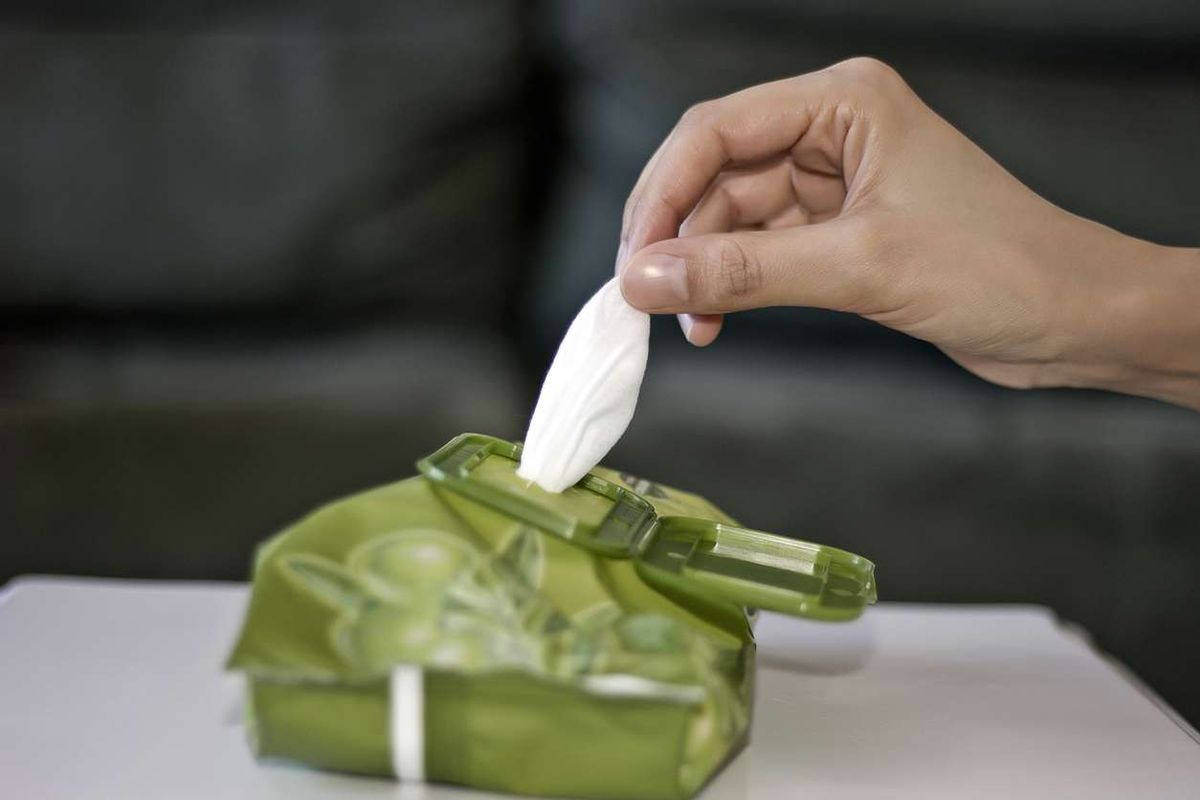Retailers will need to phase out plastic-containing wet wipes by spring 2027 after the government formally signed a ban into law on Tuesday (18 November) – a move ministers say will cut plastic pollution, protect wildlife and reduce costly sewer blockages.
The legislation, which covers the supply and sale of wet wipes containing plastic in England, follows overwhelming public backing, with 95 per cent of consultation respondents supporting the proposal.
Plastic-laced wipes are a persistent pollutant in waterways and beaches, with Defra data showing an average of 20 wet wipes littering every 100 metres of UK coastline.
Environment secretary Emma Reynolds said the ban represents “strong, decisive action” to clean up rivers, lakes and seas. “This ban will put an end to plastic wet wipes which choke our sewers, litter our beaches and poison wildlife,” she said. “But we all have a role to play… The solution is simple: bin wet wipes, don’t flush them.”
Although only plastic-containing wipes are covered by the ban, ministers stressed that all wet wipes – even so-called “flushable” versions – contribute to sewer blockages. Research from UK Water Industry Research shows wipes are involved in 94 per cent of sewer blockages, costing water companies around £200 million a year, a cost ultimately reflected in household bills.
Water minister Emma Hardy has written to manufacturers urging them to update product labelling to reinforce the message: wipes should be binned, not flushed.
Retailers already moving away from plastic wipes
Several major retailers have already shifted to plastic-free formats. Tesco stopped selling baby wipes containing plastic in 2022, and Boots removed wipes containing plastic from its shelves next year. Steve Ager, chief customer and commercial officer at Boots, welcomed the new rules.
“We believe that healthy communities need a healthy planet, so we are pleased to see the government taking action, as a ban on wipes containing plastic will have a much bigger impact than retailers acting alone,” he said.
Plastic-free wipes are widely available, and the government said a further ban on manufacturing plastic wipes could be considered once the sales and supply ban is in force.
Earlier in July, a landmark government review led by Sir Jon Cunliffe has proposed that companies responsible for environmental pollution, including those producing wet wipes that release microplastics, should be charged under the “polluter pays” principle to fund sewage and microplastic clean-up.
What retailers need to know
- The ban applies in England, with Wales already legislated and Scotland and Northern Ireland expected to follow.
- An 18-month transition period is now in place, with the ban coming into effect in spring 2027.
- Certain exemptions apply, including for medical use.
- A separate ban on manufacturing may follow.
The move forms part of what ministers describe as the biggest overhaul of the water sector since privatisation, aimed at improving environmental outcomes and rebuilding public trust.


